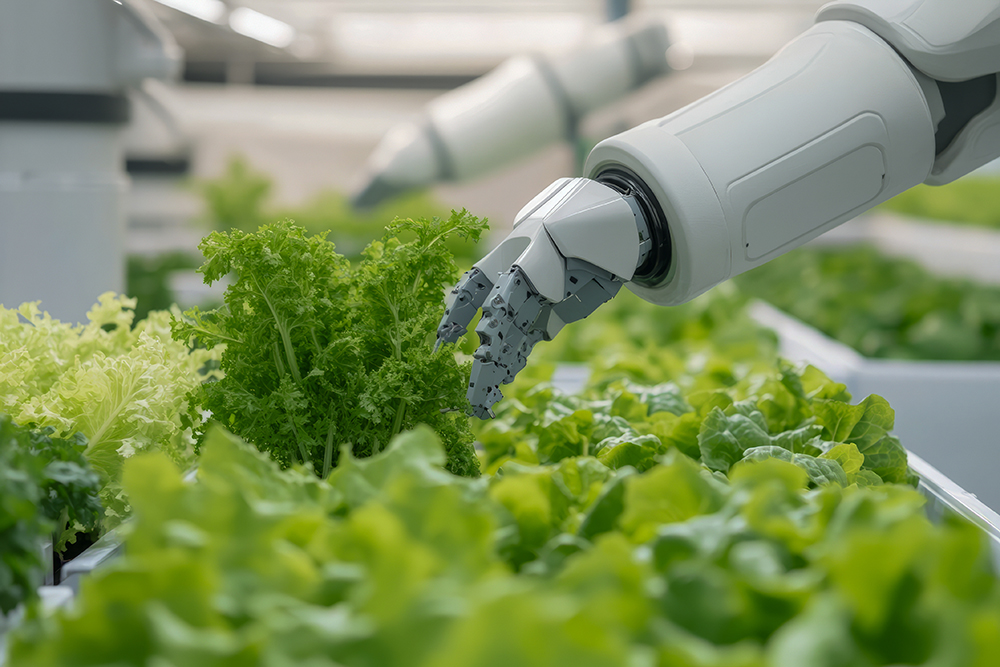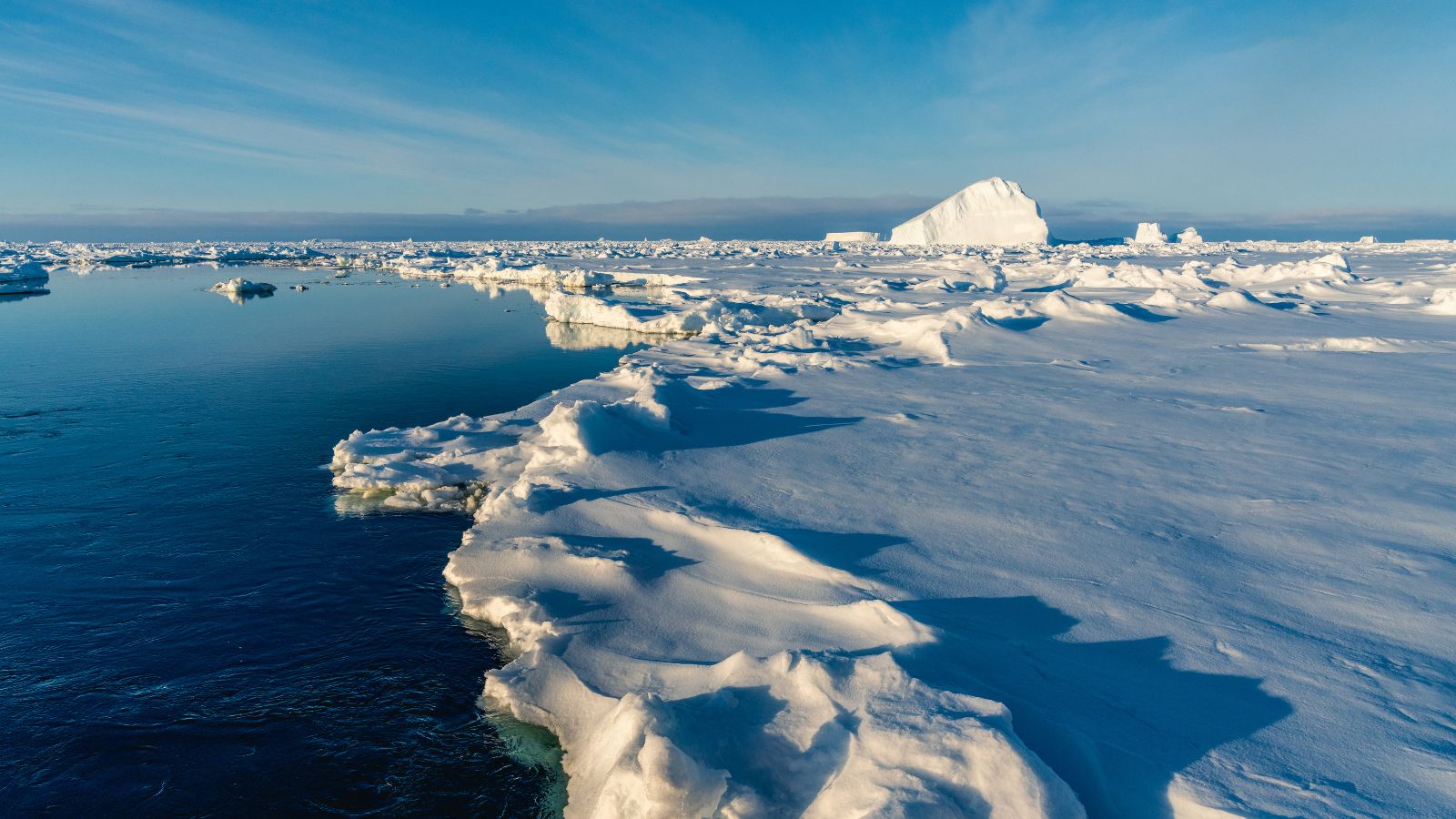From Flower to Fruit. Methods and Techniques assessing Flower Fertility

From Flower to Fruit. Methods and Techniques assessing Flower Fertility
Lack of fruiting is a common failure in cultivated plants, especially in protected cultivation where pollinators’ access is complicated by the closed structure and where the climate modification brings harsh conditions for plant fertility. Unfortunately, this lack of fruiting is rarely analysed in deep determining which component of flower fertility failed. The main objective of this course is to form students in the fundaments and methodology to evaluate reproductive success and failures in cultivated plants, more exactly in measuring male (pollen) and female (gynoecium) fertility. Students will also learn to measure flower attractiveness and rewards and their effects on pollinators insects. Evaluation of pollinators’ activity and pollen-pistil interaction in response is within the program. The course also intends to form students in the evaluation of reproductive success by measuring fertilization levels, and initial and final seed set and fruit set. Fruit and seed abortion will be analysed too. Visits to some very good companies producing different kind of insects for selling to the greenhouse producers will integrate the activities.
This course is of particular interest for Agronomy students, but also for students in the fields of Botany, Plant Ecology and related fields.
- Language: English
- Dates physical mobility: 3 to 7 February 2025
- Location: University of Almería (Spain)
- Dates virtual mobility: Three sessions of two hours of duration scheduled before the on-site mobility
- Number of ECTS: 3
- Maximum number of participants: 25
How to apply?
We invite who is interested in participating to the BIP to contact with BIP coordinator: Julián Cuevas González ([email protected])
Polar Winter School

Polar Winter School
This Blended Intensive Program (BIP) will study the polar environment since the Arctic, a focal point of global climate change research, is experiencing rapid environmental transformations that have far-reaching impacts on global climate systems, ecosystems, and human societies. These changes include melting glaciers, shrinking sea ice, altered ecosystems, and increasing air and ocean temperatures, all of which underscore the urgent need for comprehensive research and informed action.
The key objectives of this BIP
The Polar Winter School seizes the unique scientific infrastructure and natural environment of Iceland to provide hands-on training in various disciplines related to climate change. The program is designed to foster the next generation of scientists equipped to tackle the challenges posed by these changes. Through thematic lectures, fieldwork, and practical training sessions, students will delve into critical topics such as air pollution, snow hydrology and landscape, snow properties and remote sensing. These areas are pivotal for understanding the complex interactions and feedback mechanisms driving the Arctic’s transformation.
- Language: English
- Dates physical mobility: 2 to 3 March 2025
- Location: Agricultural University of Iceland, Hvanneyri (Iceland)
- Number of ECTS: 3
- Maximum number of participants: 25
The BIP is exclusively reserved for students
